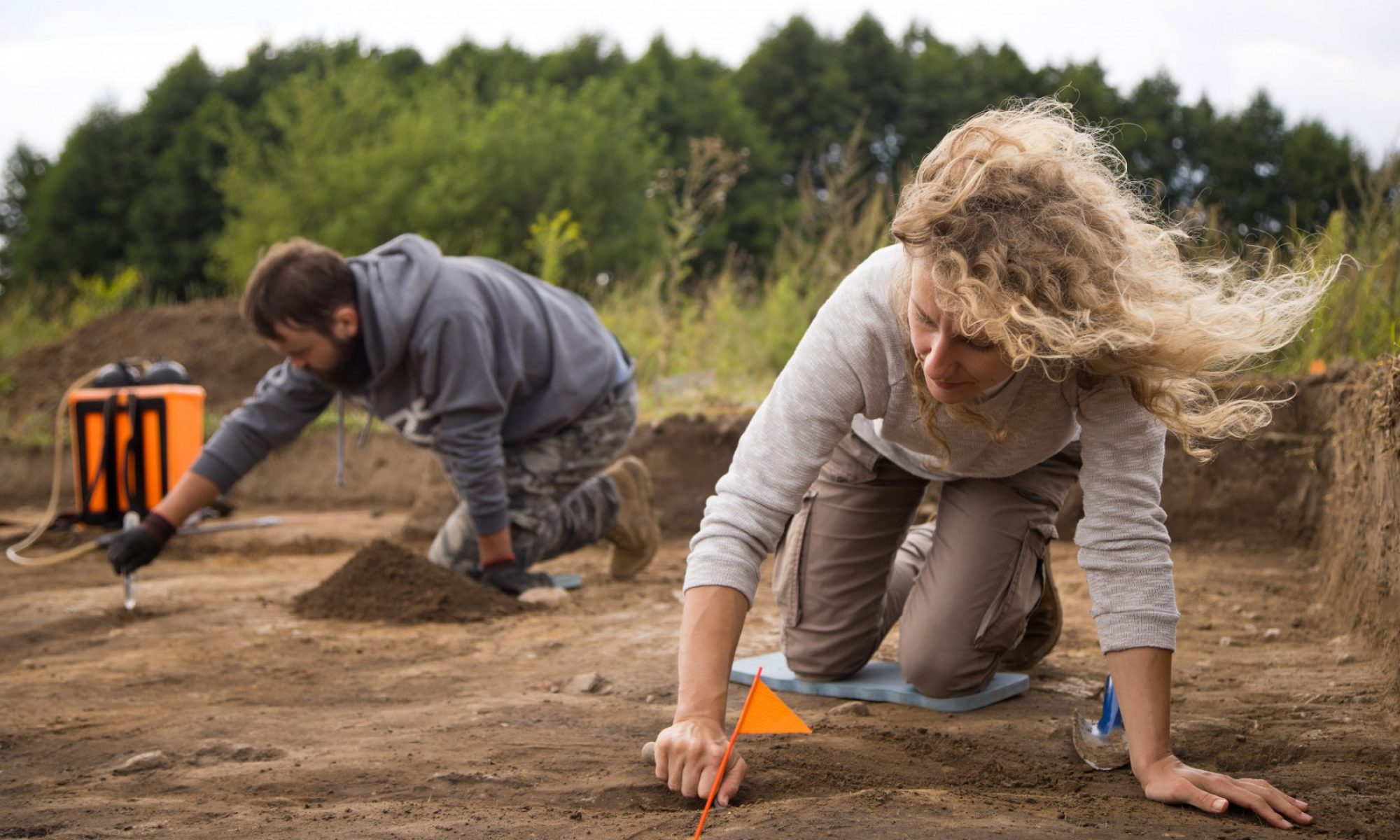Course Name: Introduction to Archaeology
Course Type: lecture
Lecturer, time & place: see course schedule
The lecture presents the methods and tasks of archeological investigation, both in the field and in further study. The main themes are:
1. The definition of archaeology; a short history.
2. Archaeology as history and archaeology as anthropology; archaeological thought from early evolutionism to postprocessual approaches.
3. Diversity of archeology – as defined by subject of investigation and by method.
4. Basic definitions and concepts (artefacts, features, sites and their types; archaeological culture).
5. Classification in archaeology – typologies and seriations.
6. Time in archaeology – periodization, dating, chronology.
7. Archaeology in the field – location of sites, non-invasive investigation (geophysical methods, aerial photography, remote sensing), survey, measurement. Exploration and documentation of finds and features.
8. Basic methods of preservation (pottery, metals, organic materials) and storage of finds.
9. Site formation processes – deposition and post-deposition.
10.Archaeological stratigraphy – layers, levels, phases, sequences; Harris matrix.
11. Post-excavation study – catalogues, collections, publication.
12. Library queries, citations; archival research (historical archaeology).
13. Auxiliaries to archaeology – humanities (history of art, ethnography, numismatics, epigraphy, metrology, etc.)
14. Auxiliaries to archaeology – sciences (physical-chemical analyses, paleobotanics and archaeozoology; physical anthropology, etc.).
15. Scientific procedures (inductive, deductive; heuristics and hermeneutic; hypotheses and testing).
16. Basic legal regulations for archaeology in Polish and international law.
17. Ethics of archaeology; protection of sites, archaeological heritage and historical landscape. “Archaeology and society” – popularization.
Results of learning: basic knowledge of the scope and methods of archaeological investigation, as preparation for further studies; theoretical preparation for practical training during surveys and excavations.
Evaluation method and criteria: test of knowledge of definitions, concepts and procedures. Exam (in writing) – ca. 20 questions, partly multiple choice test, partly open questions requiring short answers; simple calculations for archaeological surveying are included. Possibility of an oral exam to be discussed with the participants.
Selected reading:
Bahn. P, Archaeology. A Very Short Introduction, Oxford 2012
Bahn P. (ed.), The Cambridge Illustrated History of Archaeology, Cambridge 1999
Bahn P., Renfrew C., Archaeology. Theories, Methods and Practice, London (3rd-6th edition, 2000-2012; 6th ed., as heavily revised and giving access to further resources – highly recommended)
Bahn P., Renfrew C. (eds.), Archaeology. The Key Concepts, Abingdon – New York 2005
Barker Ph., Techniques of Archaeological Excavations, London 1993–1997 (3rd edition, with subsequent printings)
Grant J., Gorin S., Fleming N., The Archaeological Coursebook. An Introduction to Study Skills, Topics and Methods, London – New York 2002
Harris E., Principles of Archaeological Stratigraphy, London – New York 1997 (2nd ed.)
Hodder I., Hutson S., Reading the Past. Current Approaches to Interpretation in Archeology, Cambridge 2003 (3rd edition)
Lech J., Between Captivity and Freedom. Polish Archeology in the 20th Century, Warsaw 1999

